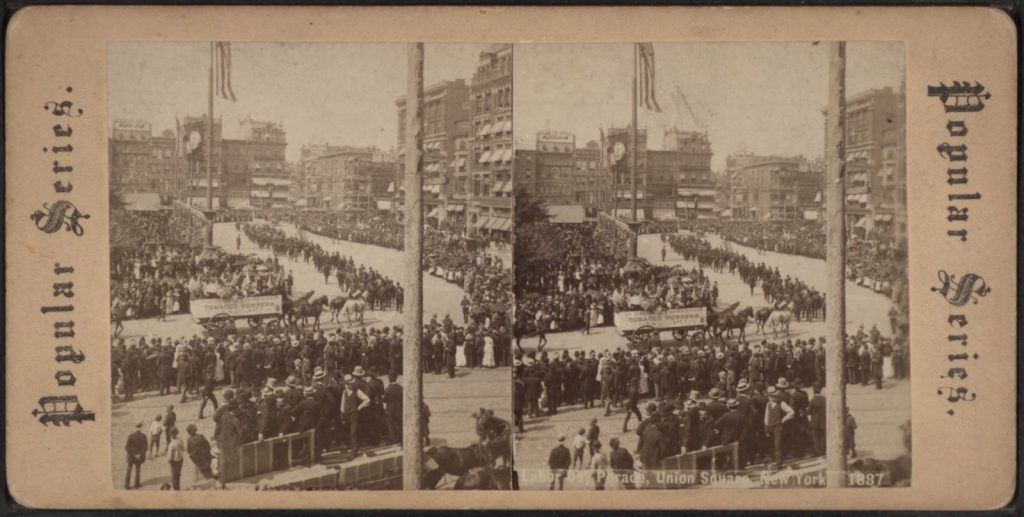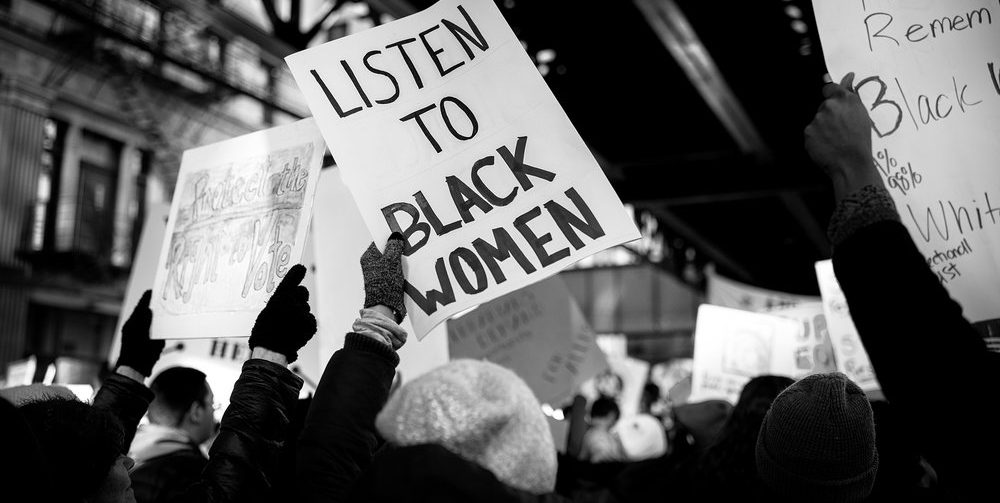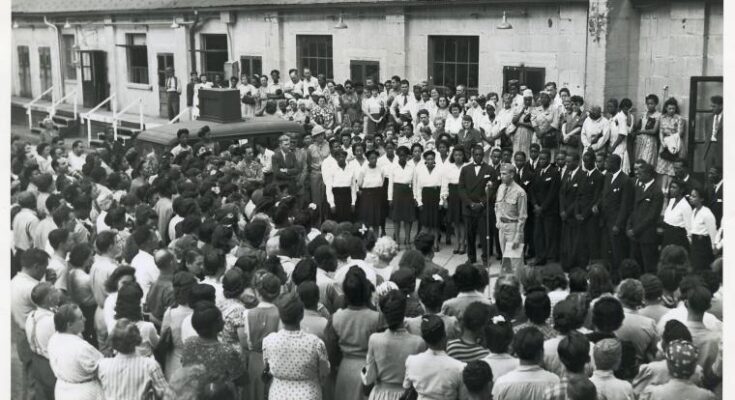Reprint from WayMakerJournal.com – Posted by Christina Santi September 2, 2024

Labor Day, celebrated on the first Monday of September, is often seen as the unofficial end of summer, a time for barbecues, parades, and a long weekend of relaxation. However, it’s origins tell a more profound story rooted in the fight for fair labor practices and the significant contributions of Black workers to the American labor movement. As we celebrate this holiday, we must recognize African Americans’ role in shaping labor rights and the journey toward fair working conditions.
Origins of Labor Day
Labor Day was established to honor the contributions of workers and the labor movement’s fight for workers’ rights, such as fair wages, reasonable hours, and safe working conditions. The first Labor Day parade was held on September 5, 1882, in New York City, organized by the Central Labor Union, which sought to highlight the plight of the working class (U.S. Department of Labor, n.d.). By the late 1800s, the labor movement gained traction as industrialization led to harsh working conditions, long hours, and minimal pay.

Amid this burgeoning movement, Black workers faced unique challenges. They were often excluded from many labor unions due to racial discrimination, which led to the creation of separate Black labor organizations. Despite the barriers, African American workers contributed significantly to labor rights and were instrumental in the labor movement’s victories (Rosenfeld, 2020).
Black Workers and the Labor Movement

Black workers have always been at the forefront of the fight for workers’ rights, from enslaved Africans who resisted and rebelled against their exploitation to freedmen and women who organized for better working conditions during Reconstruction. The formation of the Colored National Labor Union (CNLU) in 1869 marked a pivotal moment in labor history, creating a platform for Black workers to advocate for their rights. The CNLU, founded by Isaac Myers, was the first national labor organization to focus on the concerns of Black workers and pushed for the inclusion of African Americans in the more significant labor movement (Kelley, 1990).

During the early 20th century, figures like A. Philip Randolph advocated for African American labor rights. A prominent civil rights leader, Randolph organized the Brotherhood of Sleeping Car Porters in 1925, the first African-American-led labor union to receive a charter from the American Federation of Labor. The union fought for fair wages, better working conditions, and respect for Black railroad workers who faced severe discrimination (Pfeffer, 1990).
The push for a national Labor Day holiday gained momentum in the late 19th century. The federal government officially recognized it in 1894 following the Pullman Strike. This nationwide railroad strike escalated into a major conflict. The strike, which saw significant participation from Black workers, highlighted the need for labor reforms and better working conditions. President Grover Cleveland signed the legislation to establish it as a national holiday after the strike to ease tensions and honor the American labor movement (U.S. Department of Labor, n.d.; Green, 2014).
The Legacy of Black Labor in America
Today, as we celebrate, it is crucial to acknowledge the invaluable contributions of Black workers to the labor movement. Despite facing systemic racism, segregation, and exclusion from many mainstream unions, African Americans have played a vital role in advocating for workers’ rights and pushing for social and economic justice. The fight for labor rights has always been intertwined with the struggle for racial equality, and the legacy of Black labor activists continues to inspire movements for justice and equality today.
Labor Day is more than a day off work or an opportunity to enjoy the last days of summer. It is a time to remember the sacrifices made by those who fought for the rights we often take for granted. As we honor the labor movement’s achievements, let us also celebrate the resilience, strength, and leadership of African Americans who have shaped the course of labor history in the United States. Their stories remind us that the fight for justice and equality is ongoing and that every worker deserves to be treated with dignity and respect.
Sources
– Green, James. Death in the Haymarket: A Story of Chicago, the First Labor Movement and the Bombing That Divided Gilded Age America. Anchor Books, 2014.
– Kelley, Robin D.G. “We Are Not What We Seem: Rethinking Black Working-Class Opposition in the Jim Crow South.” The Journal of American History, vol. 80, no. 1, 1990, pp. 75–112.
– Pfeffer, Paula F. A. Philip Randolph, Pioneer of the Civil Rights Movement. Louisiana State University Press, 1990.
– Rosenfeld, David. “Labor and the Black Worker: The Struggle for Racial Equality.” Journal of Labor Research, 2020.
– U.S. Department of Labor. “History of Labor Day.” https://www.dol.gov/general/laborday/history


